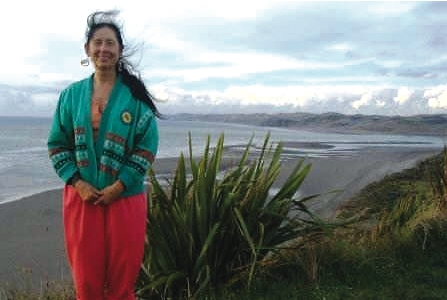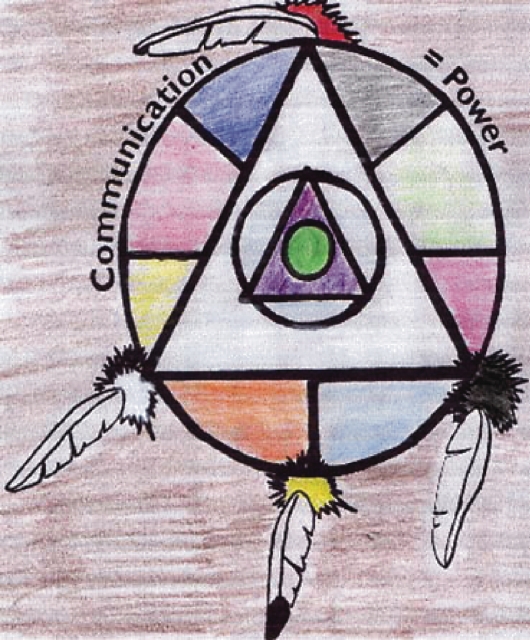One well-worn stereotype about Americans traveling abroad is that we expect everyone else in the world to speak perfect English. Increasingly, this is becoming a fair assumption—one that often comes at the expense of native languages.Because of the growing interconnectedness of the modern world, more people in other countries feel obligated to learn English or other dominant languages such as Spanish or Mandarin or Japanese. Sadly, this means more localized languages are being pushed to the brink of extinction.Ten years ago, George Ann Gregory started Ho Anumpoli, an organization designed to promote the survival of indigenous languages and cultures. Ho Anumpoli joins forces with McCune Charitable Foundations and the International Poetry Institute this weekend to present Voices of the Earth , the second annual installment of a poetry reading that highlights threats to native languages all over the world.“I’m Choctaw/Cherokee,” says Gregory, “but I didn’t grow up speaking those languages. Here in New Mexico, too, at places like Cochiti Pueblo, the people who can speak the native language are getting older.”Gregory’s interest in threatened languages blossomed when she spent four months in New Zealand on a Fulbright scholarship studying attempts to revitalize the Maori language. The experience turned her back to her roots. She’s taking online classes in both Choctaw and Cherokee.“Both have free classes that anyone can sign up for,” she says, noting that Choctaw probably has the largest body of literature of any Native American language. “From 1830 to 1880, there was a real flourishing of writing in these languages. Whole populations could read nothing but Choctaw or Cherokee. It began to die out when the U.S. began trying to do away with those nations.”Gregory says these languages hung on through the ’70s, and now there’s a renewed effort to revitalize them. To promote such efforts, she hooked up with local poetry organizer Don McIver last year to sponsor the first Voices of the Earth reading at the ill-fated Harlow’s in Nob Hill.This time around, they’ll have poets reading in Irish, Okinawan, Navajo, Hawaiian, Nahuatl, Catalán and Sesotho. “It’s a different kind of poetry event,” says McIver, “The poets will tell a story about their poem before they read it, but after that, you don’t necessarily understand what they’re saying. It’s more like listening to music in a lot of ways, but then poetry has always had a musical element to it.”Both Gregory and McIver aren’t surprised that their biggest obstacle has been finding the readers to present poetry in threatened languages. “I’d really like people to contact me if they’re interested in participating in next year’s event,” she says. Gregory can be reached at 254-9826. Better yet, just stop by the show on Wednesday and introduce yourself.
Voices of the Earth , the second annual threatened languages poetry reading, occurs Sunday, Jan. 14, at 5:30 p.m. at the Harwood Art Center (1114 Seventh Street NW). Donations requested. 242-6367.










